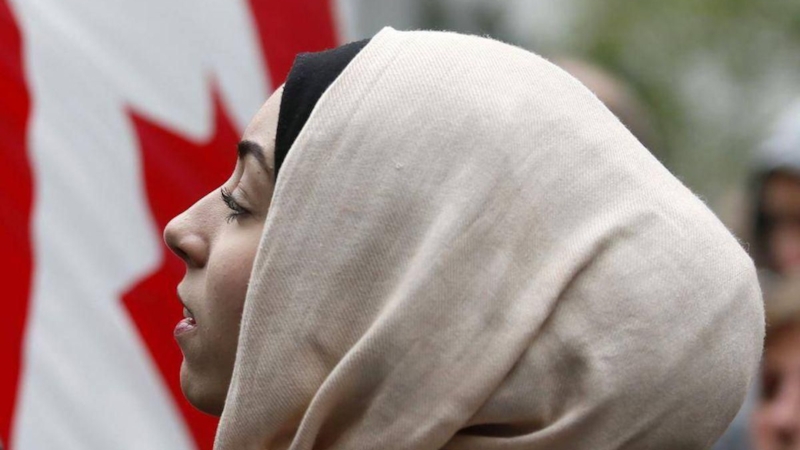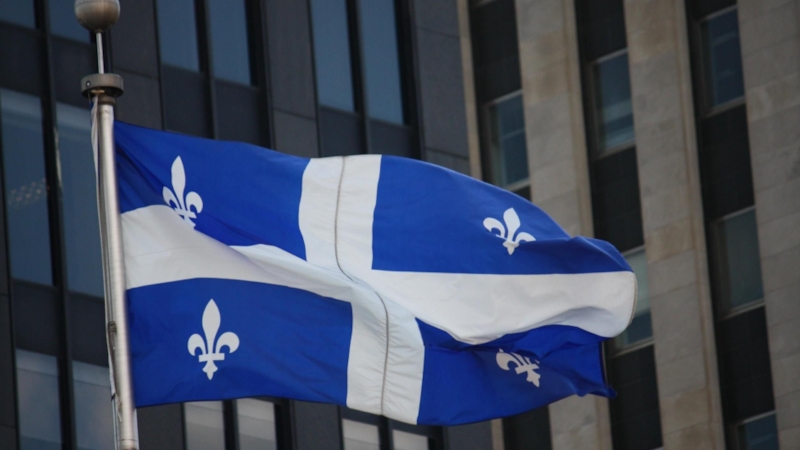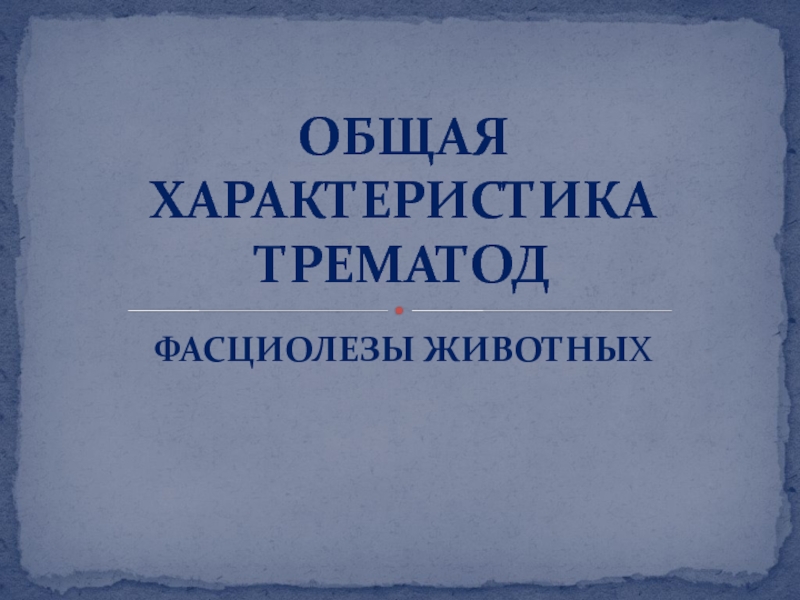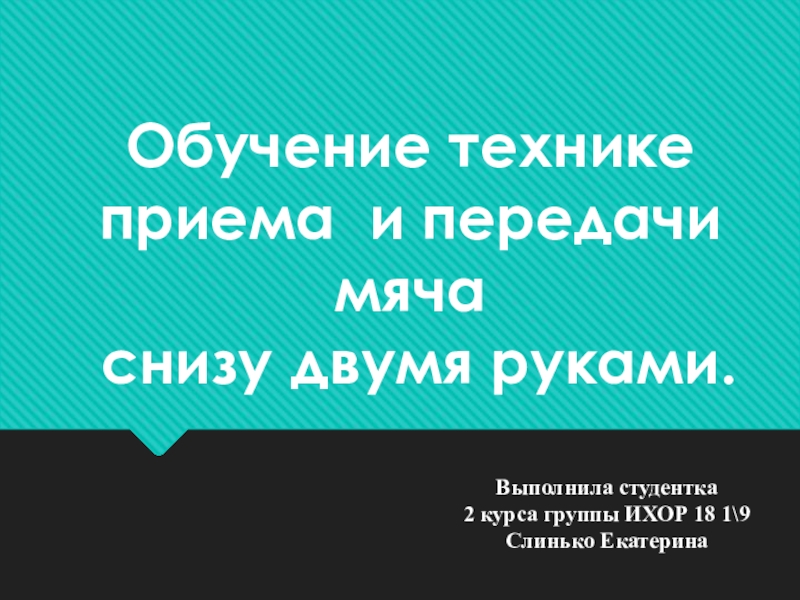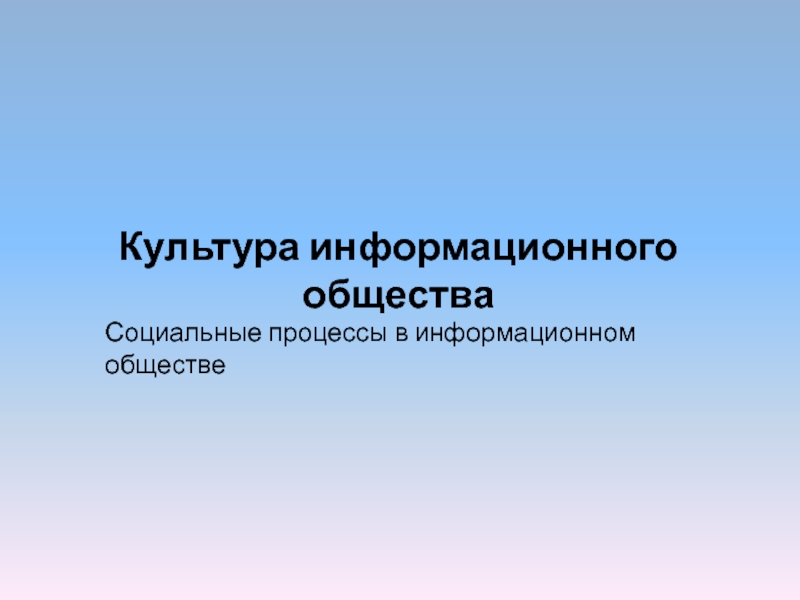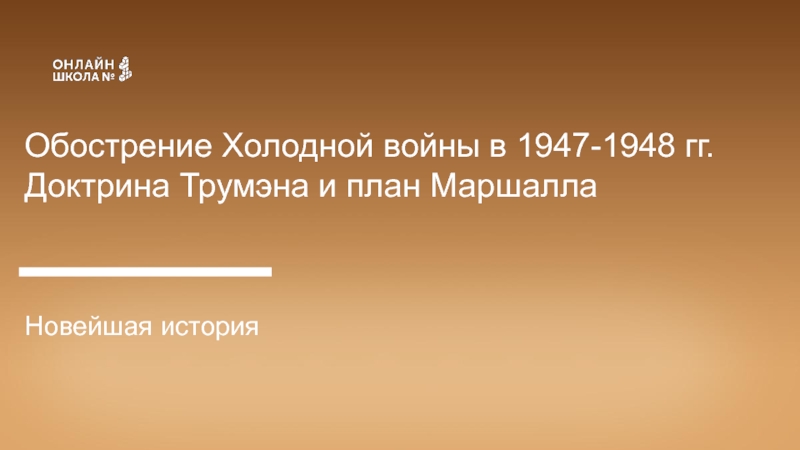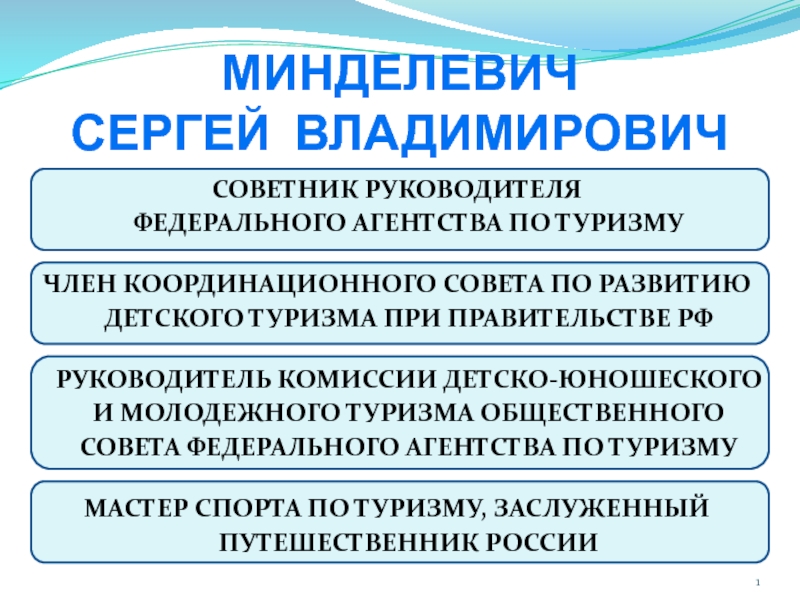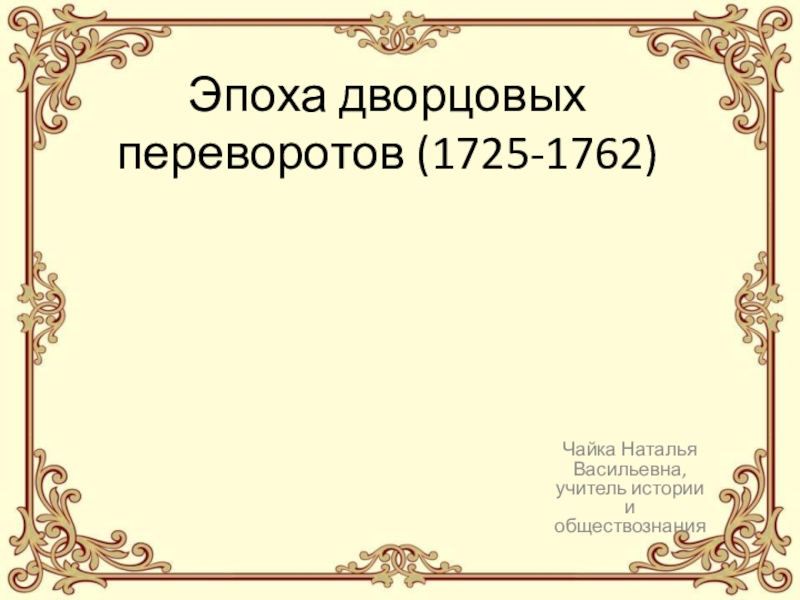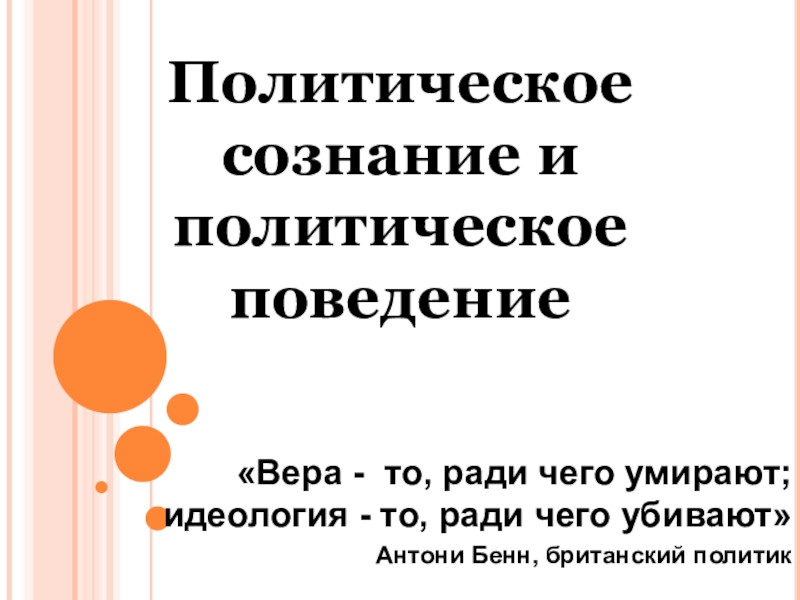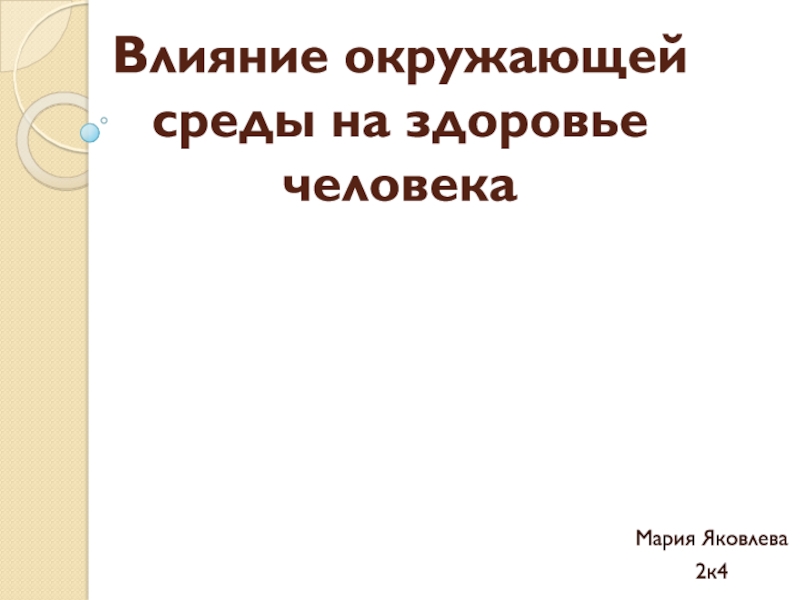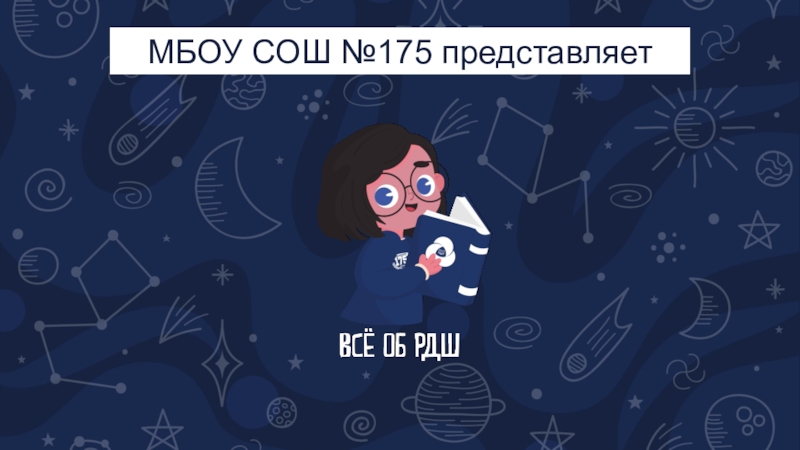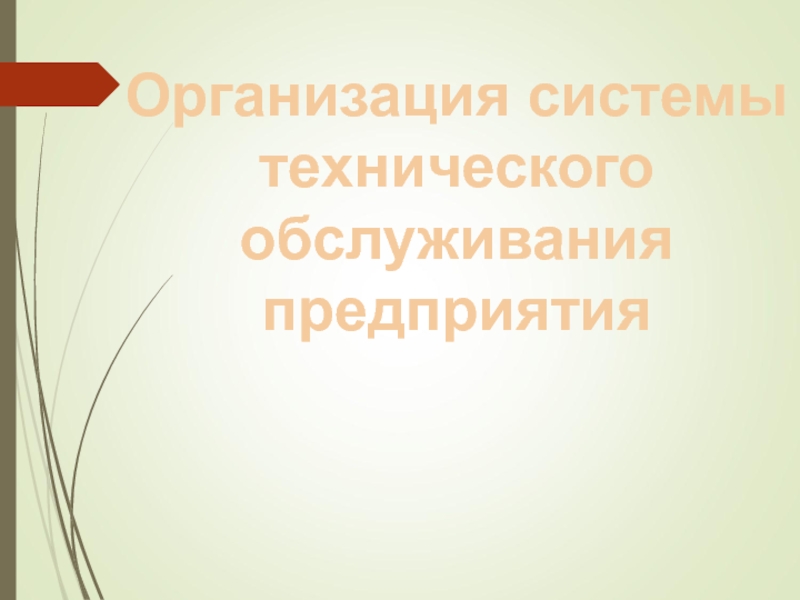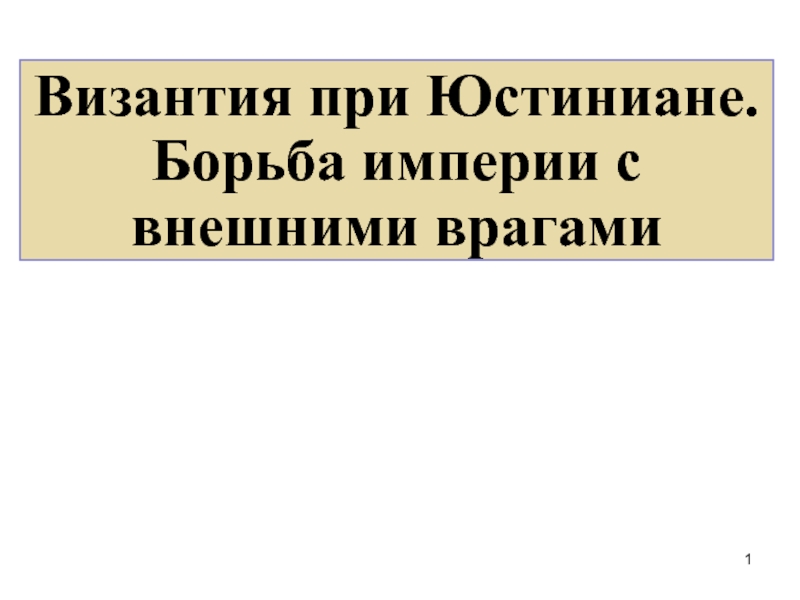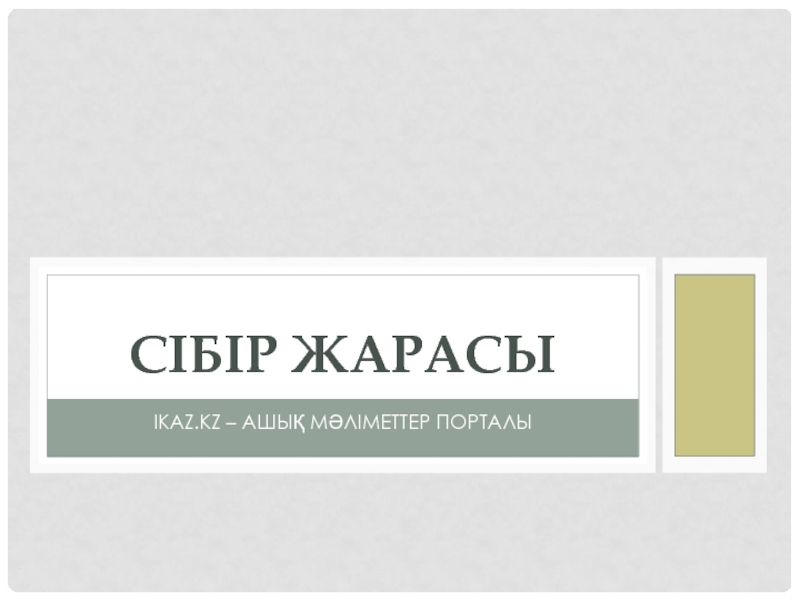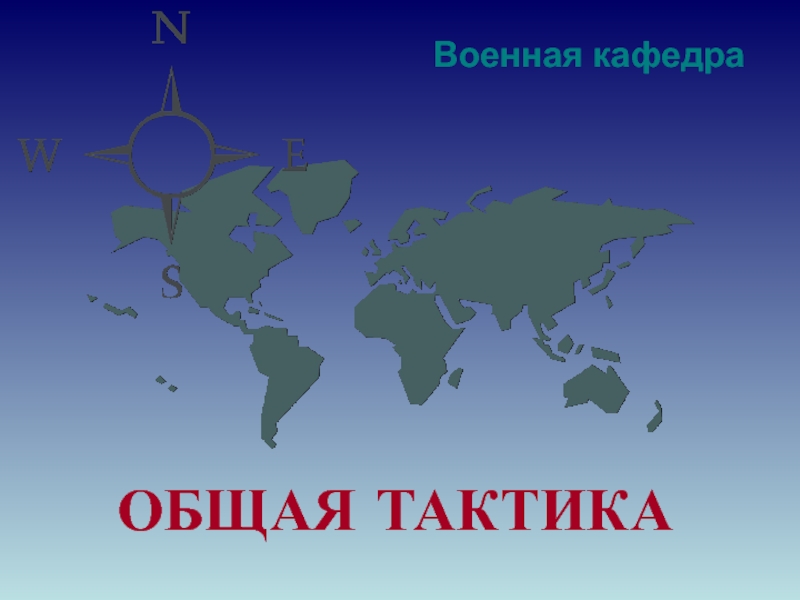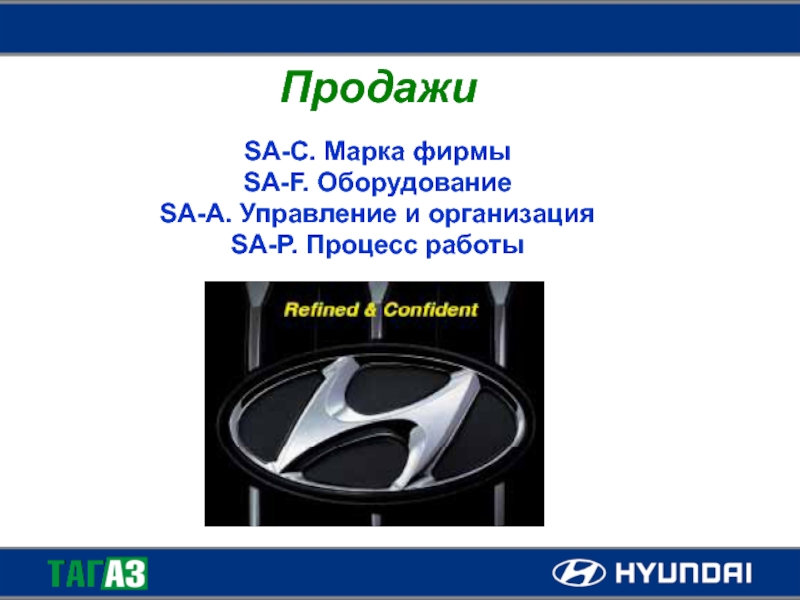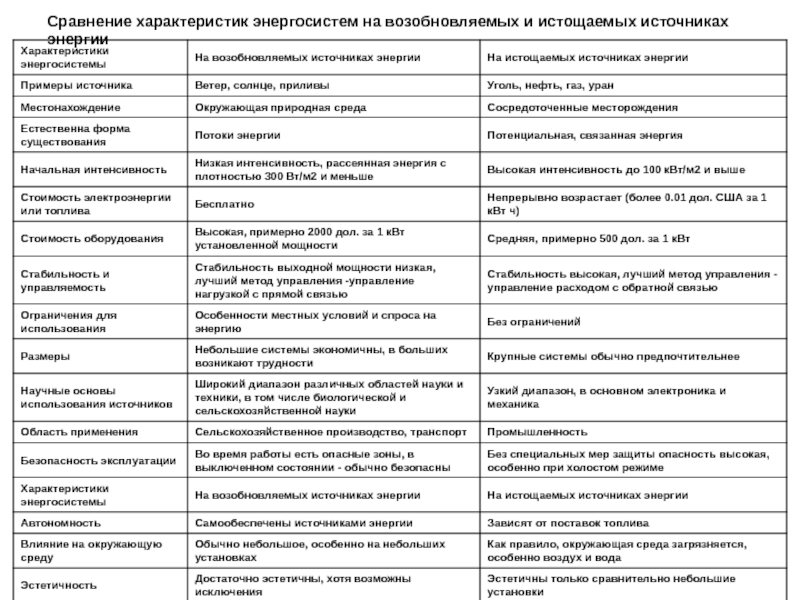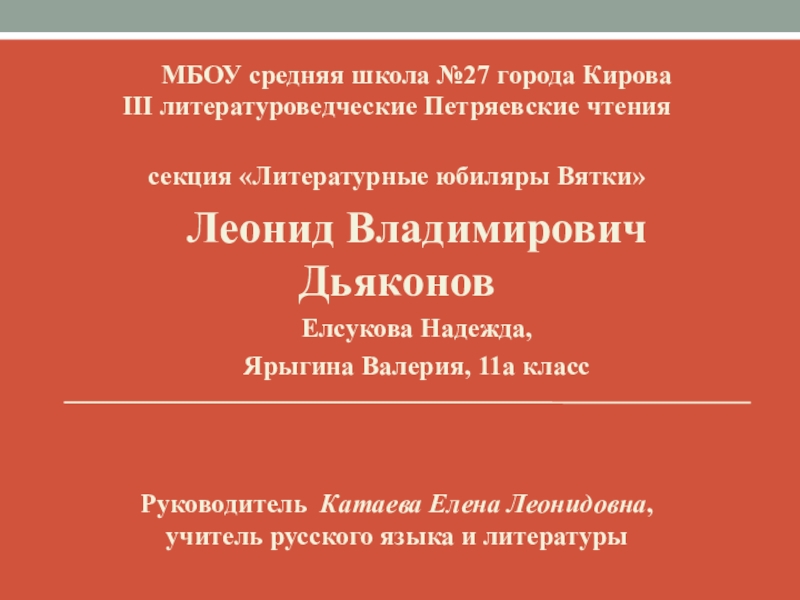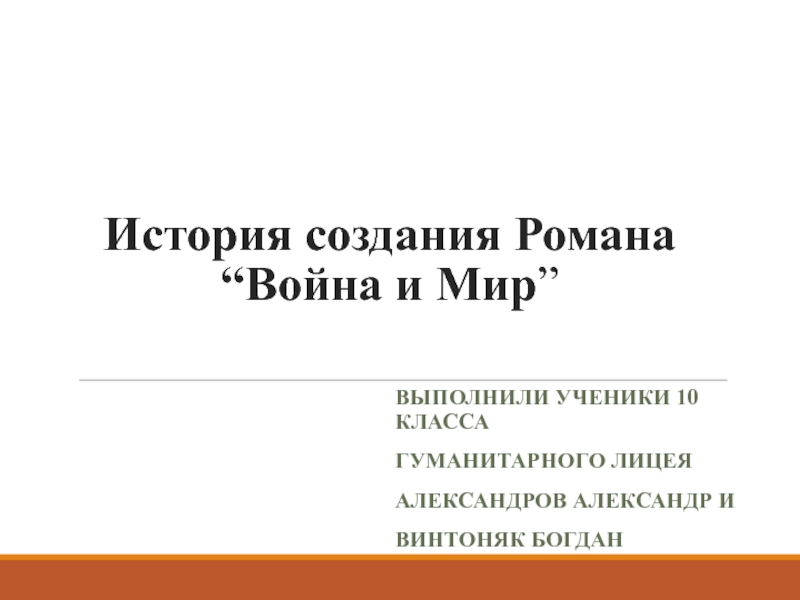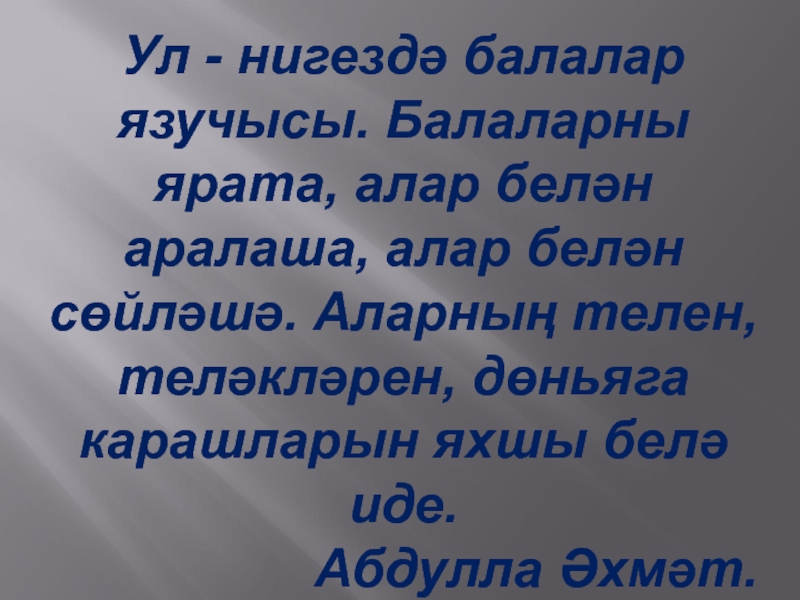a political movement as well as an ideology of values,
concepts and ideas that advocates independence for the Canadian province of Quebec.Several diverse political groups coalesced in the late 1960s in the formation of the Parti québécois, a provincial political party. Since 1968 the party has appealed for constitutional negotiations on the matter of provincial sovereignty, in addition to holding two provincial referendums on the matter. The first, which occurred in 1980, asked whether Quebecers wished to open constitutional negotiations with the federal government (and other provinces) for the intended purpose of establishing a "sovereignty-association" pact between the province of Quebec and the rest of Canada. Approximately 60% of Quebec's voting public rejected the idea put forth by Parti québécois leader René Lévesque. The matter was dropped by the party for most of the 1980s, especially after the patriation of the Canadian constitution without the consent of the Parti québécois government, and the creation of the federal Charter of Rights and Freedoms, which enshrined the protection of the French language and French-Canadian culture in Canada. In 1995, after two failed attempts by the Mulroney government to secure Quebec's ratification of amendments to the constitution, the Parti québécois held a second referendum, though on this occasion the question was whether one wished for the independence of the province of Quebec from the rest of Canada. The response was again in the negative, though this time by a far closer margin, with 50.58% against the proposal.




